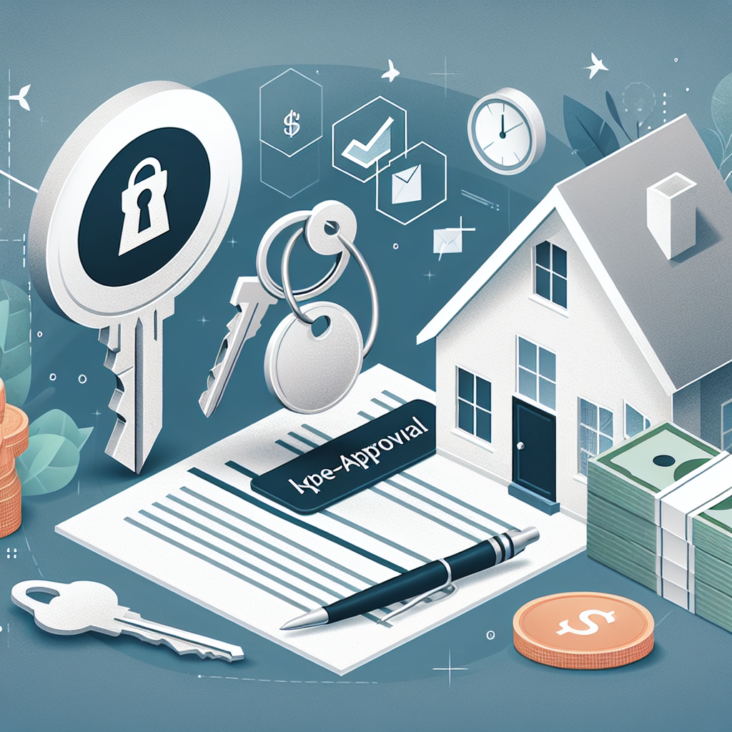Introduction
In the journey of home buying, obtaining a mortgage pre-approval is a critical step that can significantly impact your ability to secure your dream home. A mortgage pre-approval not only gives you a realistic idea of your budget but also strengthens your position as a serious buyer in the eyes of sellers. This guide will walk you through the essential aspects of mortgage pre-approval, offering key insights to empower your home buying process.
What is Mortgage Pre-Approval?
A mortgage pre-approval is a preliminary evaluation by a lender to determine how much you can borrow for a home loan. Unlike pre-qualification, which is an estimate, pre-approval involves a more thorough assessment of your financial situation, including your credit score, income, and debts.
Why is Mortgage Pre-Approval Important?
Mortgage pre-approval is crucial for several reasons:
- Budget Clarity: It helps you understand the loan amount you qualify for and the monthly payments you can afford.
- Competitive Edge: With a pre-approval letter, sellers are more likely to take your offer seriously.
- Smoother Process: It speeds up the final mortgage process, as much of the paperwork is already completed.
Steps to Get Pre-Approved for a Mortgage
- Check Your Credit Score: Ensure your credit score is in good shape, as it plays a significant role in determining your eligibility.
- Gather Financial Documents: Collect your income statements, tax returns, and details of any debts or assets.
- Choose a Lender: Research and select a lender that offers competitive rates and terms.
- Submit Your Application: Complete the pre-approval application with your chosen lender.
- Receive Pre-Approval: If approved, you’ll receive a pre-approval letter stating the loan amount and terms.
Factors Affecting Mortgage Pre-Approval
Several factors influence your mortgage pre-approval, including:
| Factor | Impact |
|---|---|
| Credit Score | A higher score can lead to better loan terms. |
| Income Stability | Consistent income increases approval chances. |
| Debt-to-Income Ratio | Lower ratios are favorable for lenders. |
| Employment History | Long-term employment is preferred. |
Common Pitfalls in the Pre-Approval Process
While obtaining a pre-approval, be aware of common mistakes:
- Changing Jobs: Avoid changing jobs during the pre-approval process.
- Making Large Purchases: Large expenses can affect your debt-to-income ratio.
- Missing Payments: Ensure all bills are paid on time to maintain your credit score.
How Long Does Mortgage Pre-Approval Last?
Typically, a mortgage pre-approval is valid for 60 to 90 days. This period varies by lender and market conditions. If your pre-approval expires before you find a home, you may need to refresh your financial information with your lender to extend the period.
Conclusion
Securing a mortgage pre-approval is an empowering step in the home buying process. It not only provides a clear financial framework but also enhances your credibility with sellers. By understanding the requirements and preparing accordingly, you can navigate the mortgage pre-approval process with confidence and ease.
FAQs About Mortgage Pre-Approval
- Can I get multiple pre-approvals? Yes, you can shop around with different lenders for better rates.
- Does pre-approval guarantee a mortgage? No, it’s a conditional commitment, subject to final approval.
- Do pre-approvals affect credit score? A hard inquiry is made, which may impact your score slightly.




